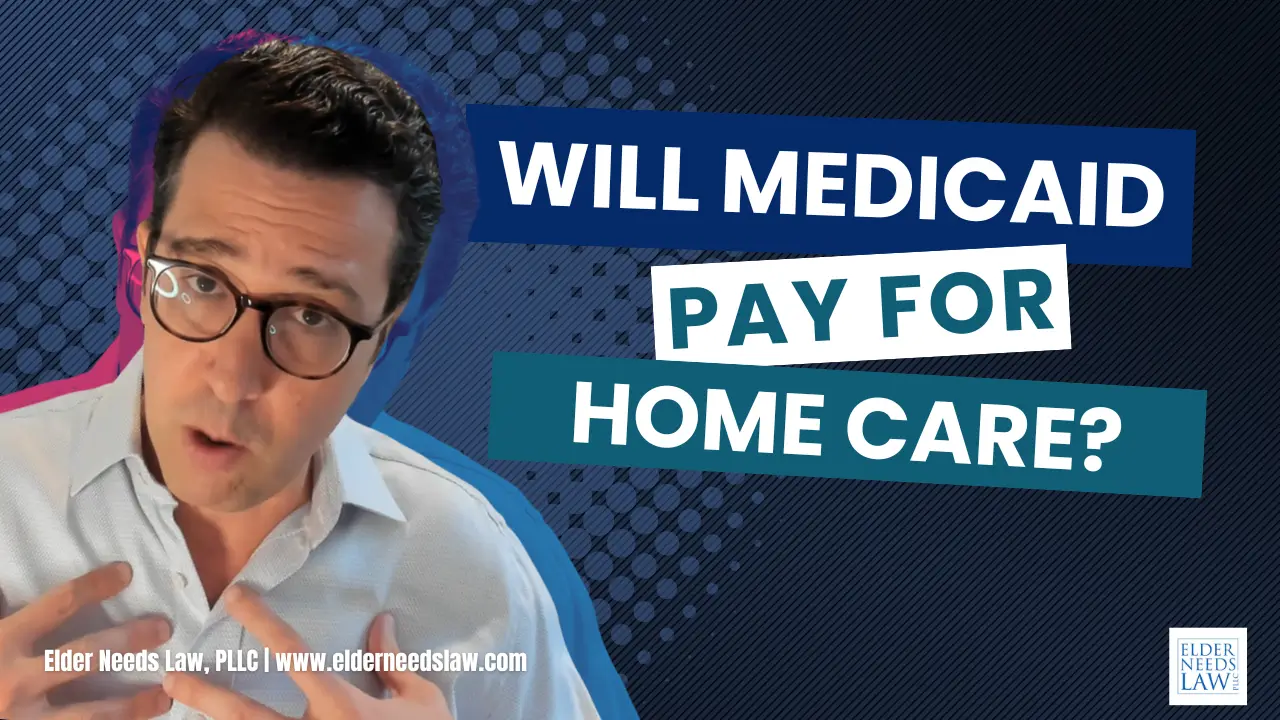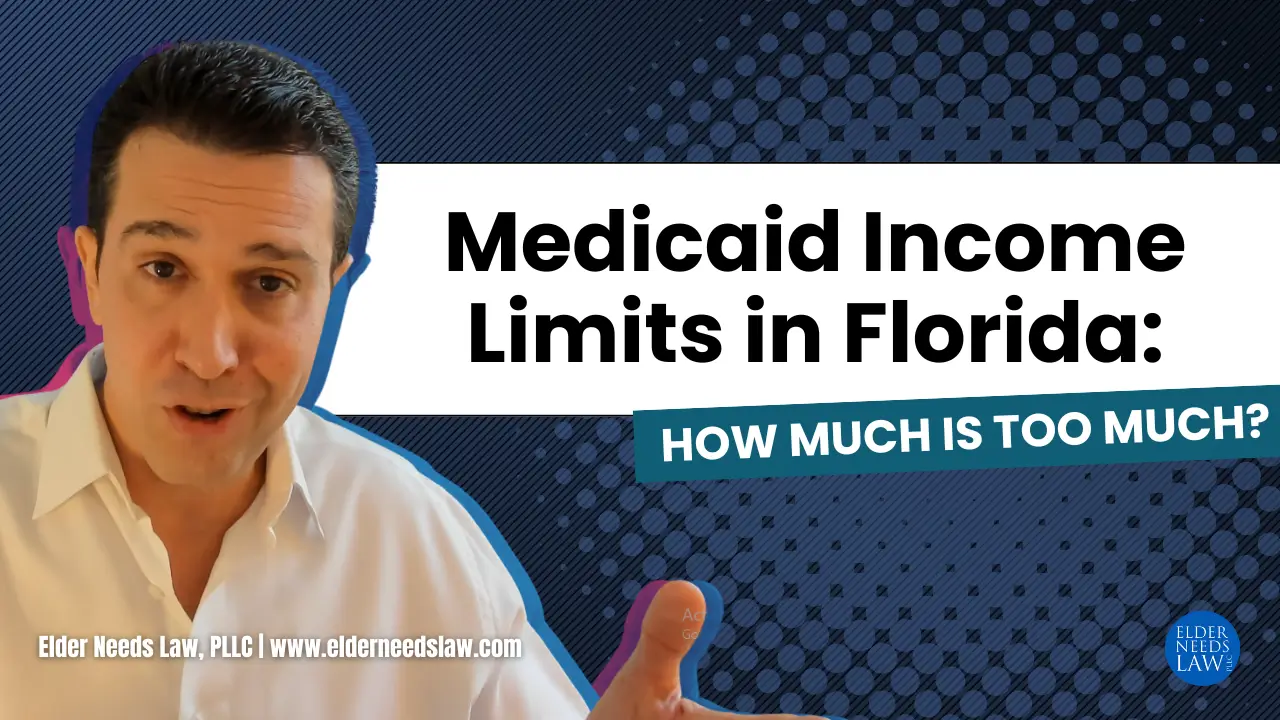Does Medicaid Pay for Home Care in Florida? What You Need to Know

When most people think about Medicaid covering long-term care, nursing homes immediately come to mind. That's no surprise—nursing facilities in Florida cost between $12,000 and $15,000 monthly, and having a program that helps protect your assets while covering these expenses is incredibly valuable. But there's another option that many Floridians don't know about, one that aligns with what most people actually want: staying in their own homes.
The Short Answer: Yes, Medicaid Covers Home Care in Florida
Florida's Medicaid program does pay for home health care through what's called the Home and Community Based Services (HCBS) Medicaid program, also known as the Medicaid Waiver Program. This option exists because the reality is simple: most people would prefer to receive care in their own homes rather than move to a facility if they can avoid it.
How the Medicaid Waiver Program Works
Unlike nursing home Medicaid, which has more straightforward approval processes, the home care waiver program operates through a waitlist system. Here's what happens once you get through the waitlist:
The Assessment Process
After enrollment in the waiver program, you'll select a plan, and a case manager from that plan will visit your home. Their job is to assess how many hours of care they believe your loved one needs to remain safely at home. This assessment determines the level of support the program will provide.
Where Things Get Complicated
Here's an honest reality: what the case manager thinks you need and what you actually need may not align. This is where home-based Medicaid differs from nursing facility Medicaid. In a nursing home, the program covers the full cost (minus your income contribution and a small personal allowance). At home, the approved hours might fall short of what's truly necessary.
For example, if you need forty hours of weekly care but receive approval for only thirty hours, you have options. You can accept the thirty hours as significant help, or you can appeal the decision to fight for those additional ten hours. Either way, the assistance you receive will make a meaningful difference.
The Financial Impact on Florida Families
While Medicaid home care in Florida isn't always a perfect solution, whatever support it provides helps tremendously. Think of it this way: even if the program doesn't completely eliminate your care expenses, it will substantially reduce them. That financial relief can be life-changing for both the person receiving care and their family members.
The Waitlist Challenge—And Solutions
One hurdle with Florida's Medicaid waiver program is the mandatory waitlist. However, there are strategies to reduce your time on this list significantly. Working with an attorney who focuses on elder law and Medicaid planning can make a substantial difference in how quickly you access these benefits.
Is Home Care Medicaid Right for You?
If you're a Florida resident caring for an aging loved one or planning for your own future care needs, the Medicaid waiver program deserves serious consideration. While it may not cover every hour of care required, the financial support it provides can transform an unsustainable situation into a manageable one.
The key is getting started. The sooner you begin the application process and address the waitlist, the sooner you can access benefits that will protect both your loved one's well-being and your family's financial security.
Take the Next Step
If you're anywhere in Florida and want to discuss whether the Medicaid waiver program could work for your family's situation, scheduling a consultation is the best way to get personalized guidance based on your specific circumstances.
Resources:
- Website: elderneedslaw.com
- Medicaid Planning Resource: medicaidplanninglawyer.com
- Book: Can Medicaid Pay for Some of Your Long-Term Care Expenses? - Available on Amazon
The bottom line? Medicaid does pay for home care in Florida, and while the system has its limitations, it offers real, tangible help for families facing the high costs of long-term care. Don't let the complexity of the system prevent you from accessing benefits that could make all the difference for your family.






